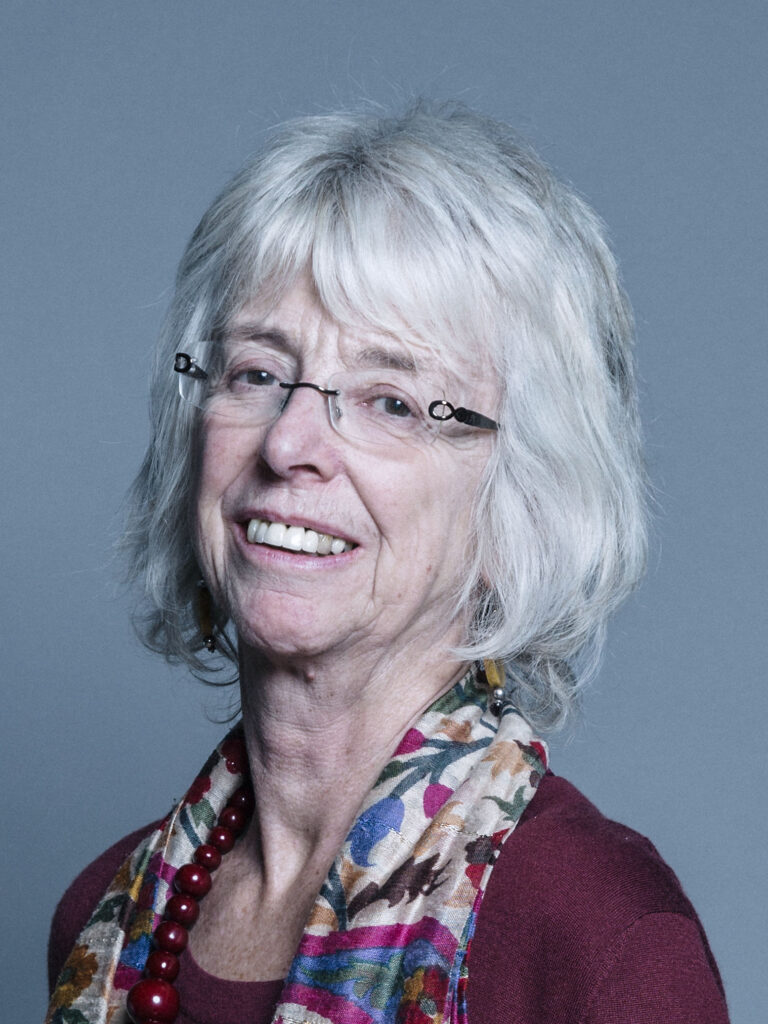Our Patron, Baroness Lister of Burtersett, shares her views on the end of the Rwanda scheme, and what comes next.
“One of the first actions taken by the new government was, as promised, to stop the Rwanda scheme in its tracks with the ending of the migration and economic development partnership. No asylum-seeker will now be sent to Rwanda. This was followed by regulations to amend the Illegal Migration Act 2023 so that asylum seekers will no longer be treated as ‘illegal’ and their claims for asylum will be processed regardless of when they arrived in the country.
The Rwanda partnership will be replaced by what the Home Secretary has called ‘a serious returns and enforcement programme’ under which those with no right to stay will be returned to their home countries (Oral statement, House of Commons Hansard, 22 July 2024). At the same time the intention is to speed up the asylum decision-making process , including clearing the backlog.
As the election manifesto made clear, the emphasis will be very much on strengthening border security, targeting the criminal gangs who have profited from those seeking asylum through irregular routes in particular crossing the channel in small boats. A new border security command will bring together the work of the Border Force, the National Crime Agency, the small boats operational command and intelligence and security officers. New counter-terror type powers against organised immigration crime were announced in the King’s Speech. However, so far there has been no suggestion of opening up safe and legal routes as an alternative to the irregular routes despite the case made for this by a range of refugee agencies.
Likewise Ministers have rejected calls for asylum seekers to be given the right to work (the usual recommendation being after six months) on the grounds that ‘the answer is to speed up the asylum system so that we can get proper results much faster, and swiftly remove those who do not have a right to be here, while ensuring that those who do can be integrated and begin to work’ (Angela Eagle, Minister for Border Security & Asylum, oral answers, House of Commons Hansard, 29 July).
The other main area of policy change has been that of accommodation. The contract for use of the Bibby Stockholm barge will not be renewed beyond its expiry in January 2025 and the intention is to end the use of large military sites to house asylum seekers. Instead, the plan is to disperse them throughout the country. Councils have been asked to agree asylum accommodation plans for ‘dispersed accommodation’ such as empty homes or former student blocks with self-catering facilities (The Times, 5 August). The hope is that the faster processing of asylum seekers will reduce the need for such accommodation.
This then raises the question of the ‘moving on period’ which allows newly recognised refugees only 28 days to find their own accommodation and claim universal credit – another issue raised for many years by refugee agencies. Ministers have said that they are aware of the issue and are considering it. In the meantime, with the help of the Refugee Council, I have put forward a private member’s bill in the Lords which would double the moving on period to 52 days. This was successful in the ballot though I don’t know yet when it will be debated. The hope must be that the government will give it support”
Ruth Lister
NNRF Patron and member of the House of Lords.
